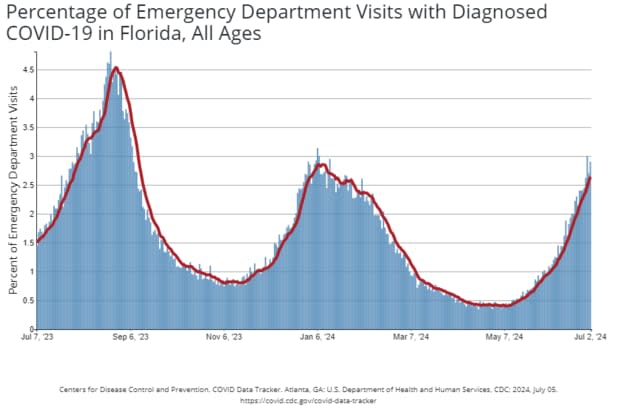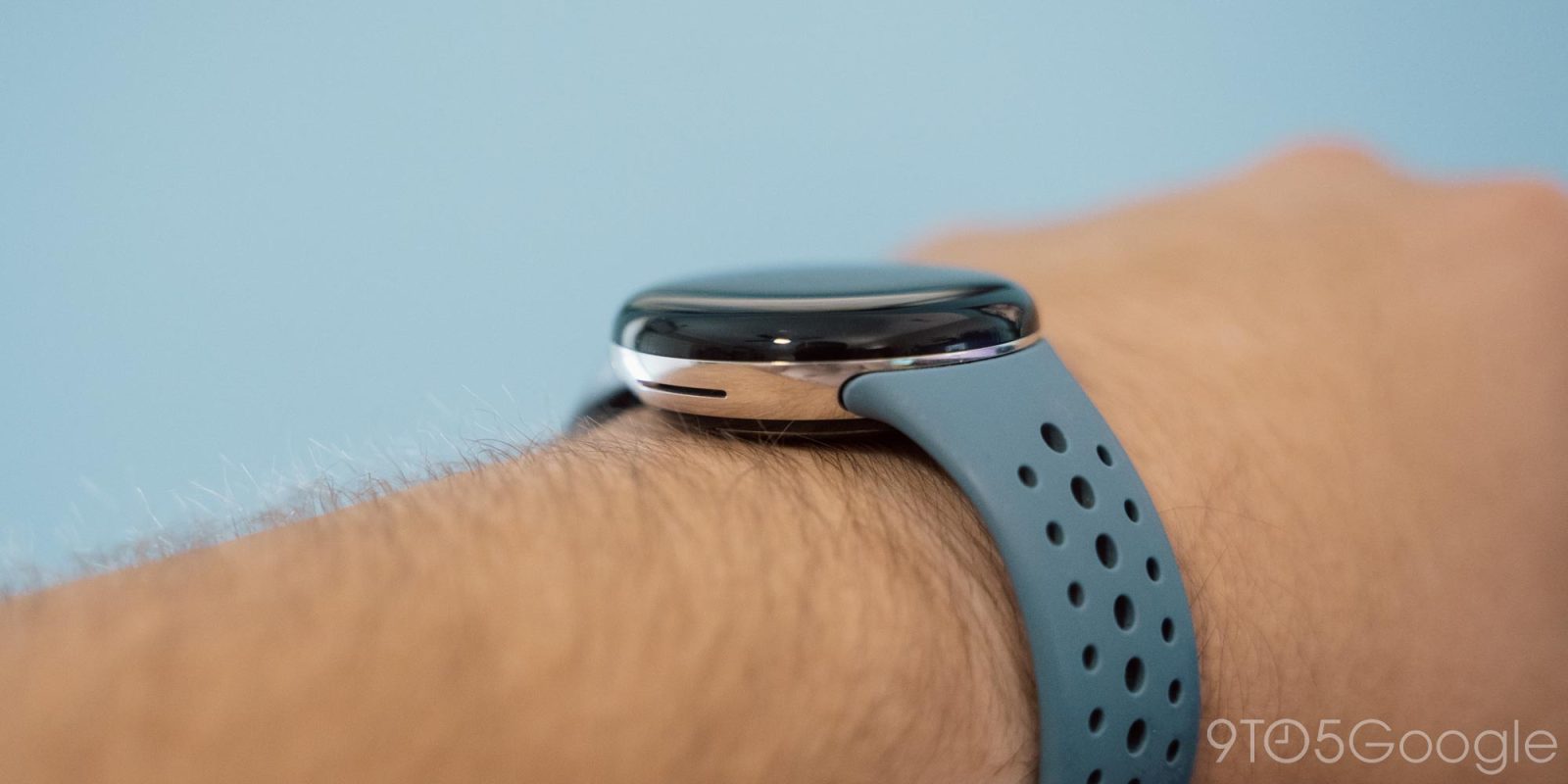
Vision problems can have a significant impact on your quality of life, leading to vision loss and increasing the risk of various health problems such as depression, diabetes, and more, according to the US Centers for Disease Control and Prevention.
Fortunately, there are simple daily habits you can adopt to maintain good eye health and reduce the risk of future problems.
If you want more health tips, you can explore articles like “Omega-3-Rich Foods That Provide Many Benefits for Heart, Hearing and Overall Health” and “Why Your Glasses Get Misty and How to Replace with the Right Type of Healthy Eyeglasses.”
Wear glasses
To protect your eyes from harmful ultraviolet (UV) rays, it is important to wear sunglasses that can block UV radiation, reducing the risk of eye diseases such as cataracts, eye cancer, and more, as recommended by the American Academy of Ophthalmology. Sunglasses with smoked or tinted lenses can provide excellent protection from the sun’s rays and reduce glare.
Take screen breaks
Extended exposure to screens can cause several eye-related issues such as dry eyes, neck and shoulder pain, blurred vision, headaches, and computer vision syndrome. To prevent this, the American Optometric Association suggests following the 20-20-20 rule, which advises looking at an object 20 meters away for 20 seconds every 20 minutes.
Take book breaks
Reading books for prolonged periods and working on computers can contribute to nearsightedness. Using the 20-20-20 rule for book breaks can help prevent eye strain. If you have a busy reading or computer schedule, set an alarm to remind yourself to take a 20-minute break.

Stay physically active
Regular exercise not only benefits overall health but also promotes eye health by ensuring healthy blood vessels and reducing the risk of glaucoma and diabetic retinopathy, according to the AAO. The CDC recommends 150 minutes of physical activity per week, including strength training exercises. You can also incorporate exercises into your daily routine to reduce stress and eye strain, even while sitting at your desk.
Read more: 7 Effective Ways to Incorporate More Exercise into Your Daily Routine
Spend time outdoors
Spending time outdoors is beneficial for both children and adults, even if you already exercise indoors. Research shows that children who spend time outdoors have a lower risk of developing vision problems later in life. Engaging in outdoor activities with your family, such as visiting a local playground or going for a walk in nature, can promote overall health and keep your eyes healthy. Don’t forget to wear your sunglasses!
Avoid smoking
Smoking not only negatively impacts overall health but also increases the risk of eye diseases such as cataracts and age-related macular degeneration, as stated by the Food and Drug Administration. Smokers are also more likely to develop glaucoma, Graves’ eye disease, thyroid eye disease, and diabetic retinopathy. Quitting smoking can significantly improve your eye health and overall well-being.

Include eye-healthy foods in your diet
The foods you eat can impact your eye health. Consuming foods rich in vitamins A, C, and E, beta-carotene, omega-3 fatty acids, lutein, zeaxanthin, and zinc can promote cell growth, reduce eye muscle damage, and protect against free radicals that can harm your eyes. The AAO recommends including the following foods in your diet:
- Vitamin A and beta-carotene: Apricots, carrots, cantaloupes, sweet potatoes, red peppers
- Vitamin C: Grapes, oranges, lemons, tangerines, peaches, strawberries, tomatoes, red peppers
- Vitamin E: Avocados, almonds, peanuts, wheat germ, sunflower seeds
- Omega-3 fatty acids: Fish (such as salmon, sardines, and trout)
- Lutein and zeaxanthin: Collard greens, broccoli, eggs, peas, kale, spinach, romaine lettuce, mustard greens
- Zinc: Lima beans, kidney beans, black-eyed peas, lean red meats, oysters, hard corn, chicken
Avoid rubbing your eyes
Rubbing your eyes can lead to eye damage or diseases. Dry eyes and eye strain may tempt you to rub your eyes, but it can cause problems such as reduced or blurred vision, headaches, swelling, and increased sensitivity. Additionally, rubbing your eyes with dirty hands can introduce bacteria or viruses, leading to conjunctivitis. Instead of rubbing, use eye drops or saline solution to clean your eyes and break the habit by finding other activities to keep your hands busy.
Read more: 7 Home Remedies for Dry, Itchy Eyes
Practice good hand hygiene
Before touching your face, eyes, or contact lenses, always remember to wash your hands. Approximately 45 million Americans wear contact lenses, and many face problems or eye-related issues. Regular hand washing can reduce the risk of respiratory and gastrointestinal infections, according to the CDC.
Remove eye makeup before bed
Removing eye makeup before bed is essential for maintaining eye health and preventing conditions like eyelid inflammation. Good makeup practices also include using eye creams, changing your makeup regularly (especially after an eye infection), avoiding applying makeup to the inner lids, and refraining from sharing eye makeup. If you use brushes or sponges to apply eye makeup, make sure to clean them regularly.












